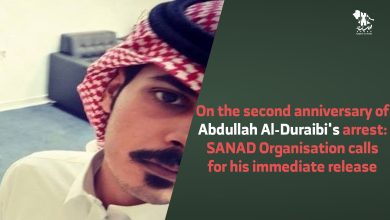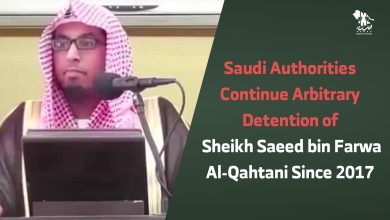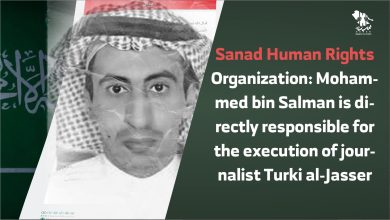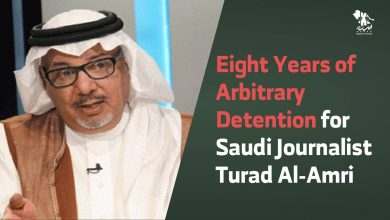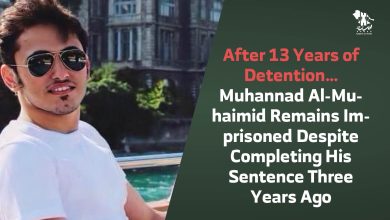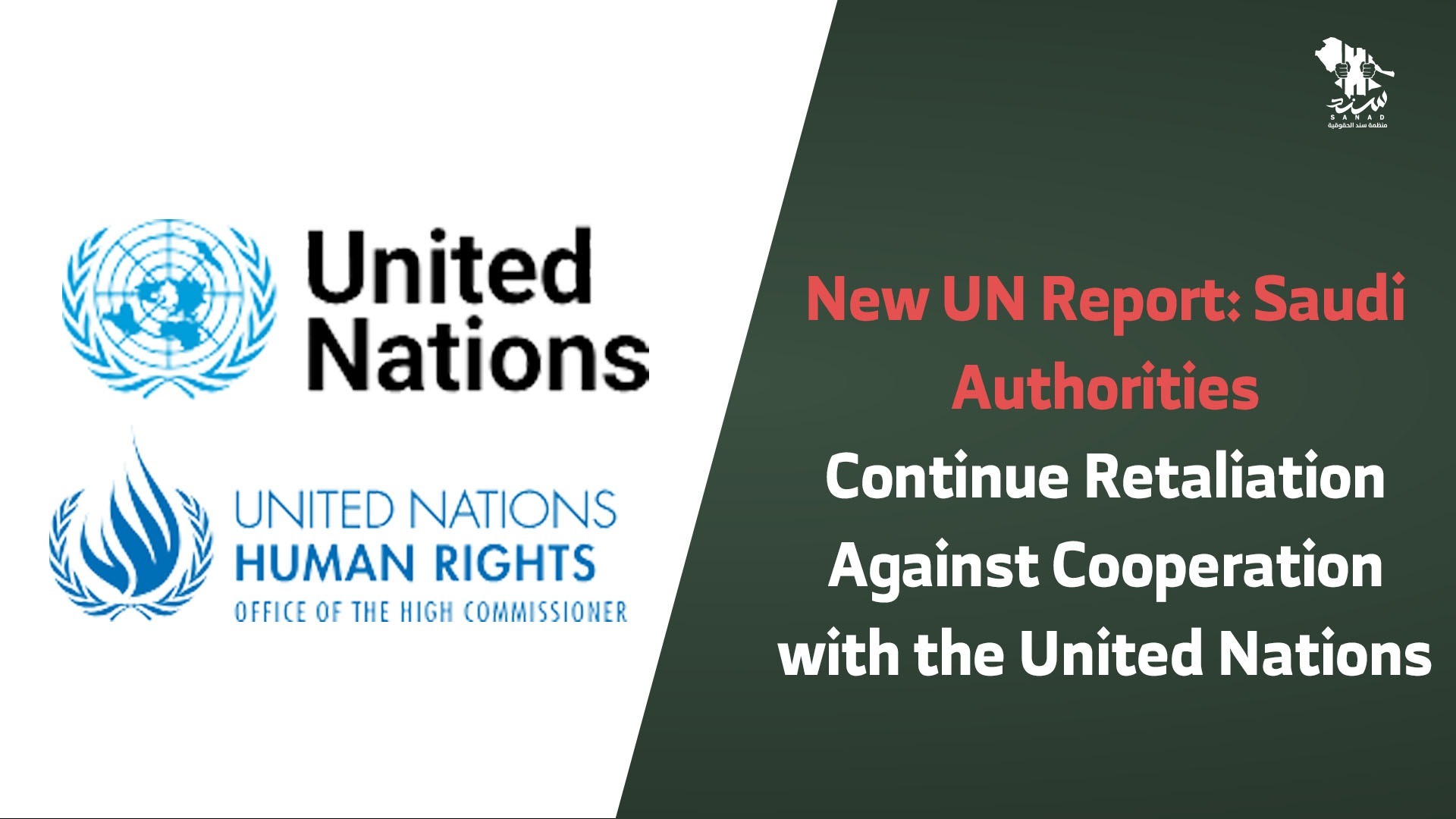
New UN Report: Saudi Authorities Continue Retaliation Against Cooperation with the United Nations
The report of the UN Secretary-General submitted to the Human Rights Council at its sixtieth session (A/HRC/60/62) revealed serious violations committed by Saudi authorities against a number of human rights defenders, due to their cooperation with UN mechanisms and representatives.
The report, issued by the Office of the High Commissioner for Human Rights (OHCHR), documented that the actions taken against these activists amount to systematic reprisals aimed at silencing independent voices and restricting any engagement with international organizations.
Among the most prominent cases highlighted were those of Dr. Mohammad Fahad Al-Qahtani, activist Essa Al-Nukheifi, women’s rights defender Loujain Al-Hathloul, and human rights defender Fawzan Al-Harbi. These four faced harsh prison sentences for long periods as a result of their cooperation with the United Nations or their peaceful defense of rights. The report underscored the gravity of the violations by noting that some, such as Al-Qahtani and Al-Nukheifi, remained in detention for over two years beyond the completion of their official sentences before finally being released in January 2025—only to face long-term travel bans of up to ten years.
The report also referred to the case of Loujain Al-Hathloul, who was subjected to enforced disappearance, detention, and torture after her engagement with the Committee on the Elimination of Discrimination against Women in 2018. Despite her release in February 2021, she continues to be under an open-ended travel ban, which also extends to her family members. Her legal attempts to challenge the ban were rejected by the administrative court on grounds of lack of jurisdiction.
Similarly, the case of human rights defender Fawzan Al-Harbi was noted: after serving a ten-year prison sentence that ended in September 2023, he was placed under an additional ten-year travel ban. This shows that the violations do not end with imprisonment but are extended through long-term restrictions designed to isolate activists from international engagement.
While the Saudi government has attempted to justify these measures as based on judicial decisions, the UN report explicitly categorized them as acts of reprisals against individuals who cooperated with the United Nations.
In this context, SANAD Human Rights Organization emphasized that the findings of the report once again confirm the scale of systematic violations targeting prisoners of conscience and those who engage with UN mechanisms in Saudi Arabia. SANAD called on the international community to take urgent action to protect these activists and their families, to pressure Saudi authorities to release all prisoners of conscience, and to lift arbitrary restrictions imposed on them.


